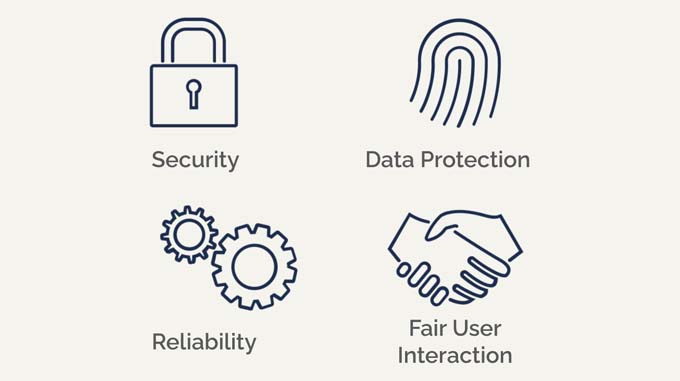EU supply chain law as a driving force for sustainability: Swiss companies under pressure
The EU is struggling with the Supply Chain Act, which is aimed at transparency and sustainability in global value chains. Companies, including those in Switzerland, urgently need to address sustainability, as EU laws have a major impact on their supply chains. CNT -Management Consulting analyzes this situation and emphasizes the importance of sustainability for Swiss companies.

The Corporate Sustainability Due Diligence Directive (CSDDD), better known as the EU Supply Chain Act, is currently the subject of much wrangling. After the directive was actually already agreed between negotiators from the Council of Ministers and the EU Parliament at the end of 2023, several countries backed out. They fear competitive disadvantages for European businesses and new bureaucratic burdens. "This directive obliges companies to identify and address environmental and social risks along their supply chain. It aims to promote sustainable business practices and minimize human rights violations and environmental damage," explains Susanne Wagner, Executive Manager at CNT Management Consulting AG. The plan now is to negotiate a new compromise that is supported by everyone so that it can be adopted in due course.
Swiss companies also need to take action
Even if the EU-wide law is on hold for the time being, sustainability should be an integral part of the corporate strategy of Swiss companies. "Even if this law does not yet take effect at EU level, there is increasing pressure from customers, business partners and society to seriously address sustainability issues and to act according to a clear moral compass," Wagner points out. Regardless of the social necessity, EU legislation also plays a role for Swiss companies insofar as the EU member states and, in particular, neighboring countries are Switzerland's most important trading partners.
Sustainability as a competitive advantage
Laws and directives are accompanied by additional obligations, bureaucracy and liability risks. Companies are therefore faced with challenges. However, what may sound like a disproportionate amount of effort at first glance can pay off for many companies at an economic level. "Many companies that originally opted for sustainable procurement due to social expectations are now also recognizing the economic, social and environmental benefits of the switch," reports Wilhelm Heckmann, Managing Director at CNT in Zurich. Among other things, companies benefit from the realization of efficiency gains, the promotion of the company's good reputation and the manufacture of innovative products. "We are observing a clear shift in the way companies think. Sustainability is no longer just seen as a social responsibility, but as a key factor for long-term success and competitiveness," adds Heckmann. He appeals for sustainability to be seen as an opportunity. In order to deal with any challenges, digitalization in particular offers Swiss companies innovative ways to achieve their sustainability goals - from the optimization of production processes to the introduction of sustainable supply chains and the reduction of energy consumption.
Webinar: Sustainability as a relevant part of the supply chain
CNT's online webinar "Sustainability" also covers what companies need to consider when striving for greater sustainability and how they can use sustainability as a competitive advantage. Under this Link companies gain a closer insight into economic, social and entrepreneurial aspects. The webinar is part of a "supply chain trilogy", with the other parts focusing on digitalization and skills.
Source: www.cnt-online.com









